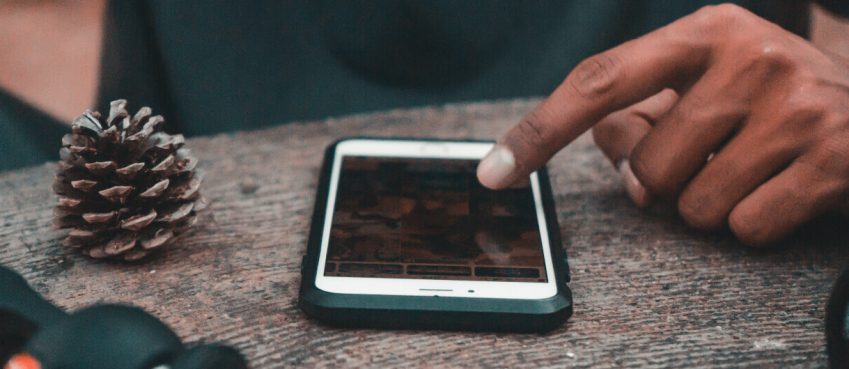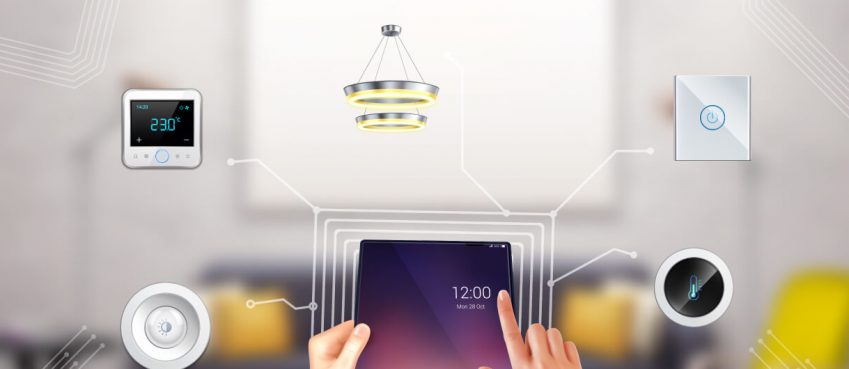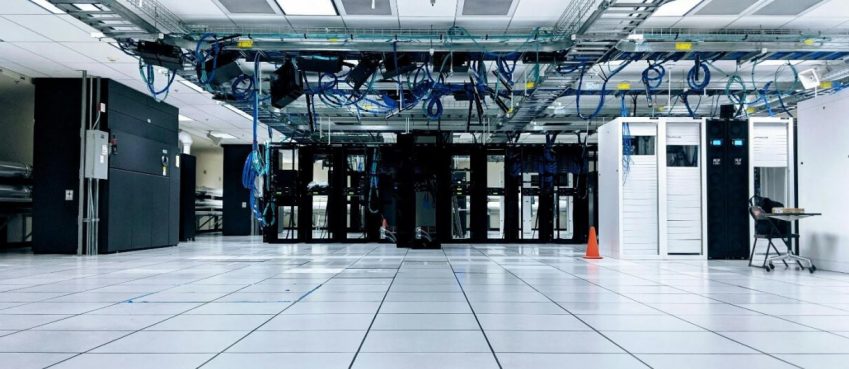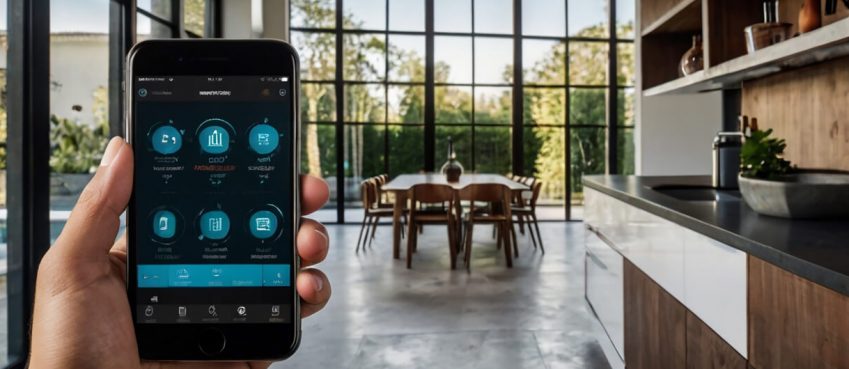
Virtual Private Networks (VPN) act as intermediaries that expand your local network by creating your device and a VPN server. Marketed as one of the best and most available security and anonymity tools on the internet, VPNs are always encrypted.
However, in reality, the level of safety promised by VPN providers can be quite puzzling. Usually, users don’t fully understand the intended use of these networks. Let’s look at the cracks in their security and inconsistencies between providers to find out why VPNs are not as safe as everyone thinks.
Misunderstanding encryption
VPNs are encrypted by default, but not every user understands what that encryption means. Only the channel that connects the client to the server is protected, while the data sent from a VPN will remain visible to third parties. Despite all the promises of anonymity, law enforcement agencies can easily track down a VPN user.
VPN encryption provides sufficient safety for the intended use of a VPN. For example, for protecting the data sent through public networks, like the ones in coffee shops and other public areas. Such a level of encryption is sufficient in these cases, but do not mistake VPN encryption as the ultimate tool for safety. VPN isn’t a good choice if you do web scraping on the scale, gather business intelligence, or manage multiple accounts.
Also read: Snapchat Premium: How To Make A Snapchat Premium App?
Misleading no-log VPN policies
Even though most VPN services claim that they keep no logs to ensure your privacy, the statement can be only half-true. VPN providers go to great lengths to emphasize security and anonymity, but many terms mentioned in their policies are generalities that can be interpreted in many ways. VPNs with no-log policies still keep records that connect accounts to their IP addresses.
Because VPNs are not as safe as users might think, providers need to pitch these safety-oriented policies to their customers. While VPNs promise no logging, every company has a different approach.
VPN companies that offer dedicated IPs have no choice but to keep logs to connect the user to their unique IP address. This service gives a more stable IP that is less likely to be banned, but no-log policies do not apply.
Only shared proxies provide a high anonymity level, and VPN providers should do a better job at advertising dedicated IPs as a separate service. Make sure to read their policies to understand the provider’s approach to anonymity and security.
You can read all about the no-log policy on the company’s privacy policy page. You can also find more information in a VPNs FAQ section or by simply contacting customer support. Good providers have separate pages for logging policies so users can see what gets collected and why.
By the way, logging is not necessarily a bad thing. If a VPN provider collects only the minimum amount of required data, it can speed up and improve the service. If you have never used a VPN before, check out popular and relevant reviews for the best VPN services.
Proxy providers as a VPN alternative
To sum up, VPNs are generally safe and useful for limited personal use, but once we look at a broader range of applications, the cracks start to show.
These networks are not suitable for web scraping, social media management, and retail bots. With such delicate matters, one should be careful when using a VPN provider, as there are more reliable ways of providing complete privacy and avoiding data breaches. Reliable proxy providers are the best alternative.
Also read: YellowStone Season 5: Part II Myths, Return Date & More! (A Complete Guide)
Private proxies
VPNs work on the operating system level and affect all of your traffic. For more effective management of important tasks, we need IPs that operate on an application level.
In this case, proxies are a better alternative to VPNs. With a good proxy provider, you can get a rotating proxy with an unlimited pool of IPs. They can run concurrent connections on bot applications without bans and interruptions.
To protect their work, proxy users tend to invest in private proxies. These proxies never allow two users to connect to the same proxy at the same time. The biggest proxy providers sell dedicated, residential IP addresses from legitimate internet service providers from all around the world. The authenticity of these IP addresses makes them hard to recognize, which is perfect for web scraping operations and other botted activities.
VPNs are great tools for individual users, but their safety and applicability are exaggerated. Private proxies from the best proxy providers are more flexible, reliable, and offer many different use cases.
Top 10 News
-
01
Top 10 Deep Learning Multimodal Models & Their Uses
Tuesday August 12, 2025
-
02
10 Google AI Mode Facts That Every SEOs Should Know (And Wha...
Friday July 4, 2025
-
03
Top 10 visionOS 26 Features & Announcement (With Video)
Thursday June 12, 2025
-
04
Top 10 Veo 3 AI Video Generators in 2025 (Compared & Te...
Tuesday June 10, 2025
-
05
Top 10 AI GPUs That Can Increase Work Productivity By 30% (W...
Wednesday May 28, 2025
-
06
[10 BEST] AI Influencer Generator Apps Trending Right Now
Monday March 17, 2025
-
07
The 10 Best Companies Providing Electric Fencing For Busines...
Tuesday March 11, 2025
-
08
Top 10 Social Security Fairness Act Benefits In 2025
Wednesday March 5, 2025
-
09
Top 10 AI Infrastructure Companies In The World
Tuesday February 11, 2025
-
10
What Are Top 10 Blood Thinners To Minimize Heart Disease?
Wednesday January 22, 2025







